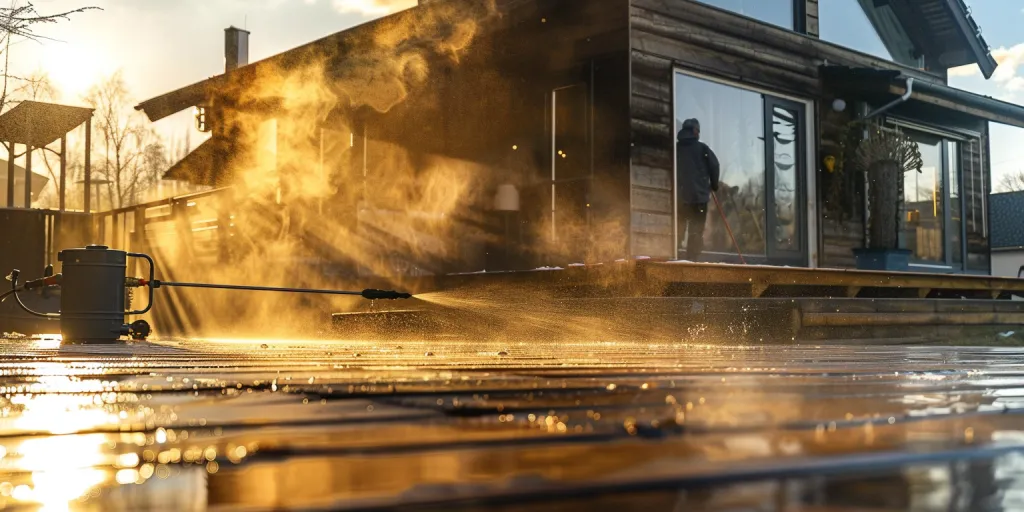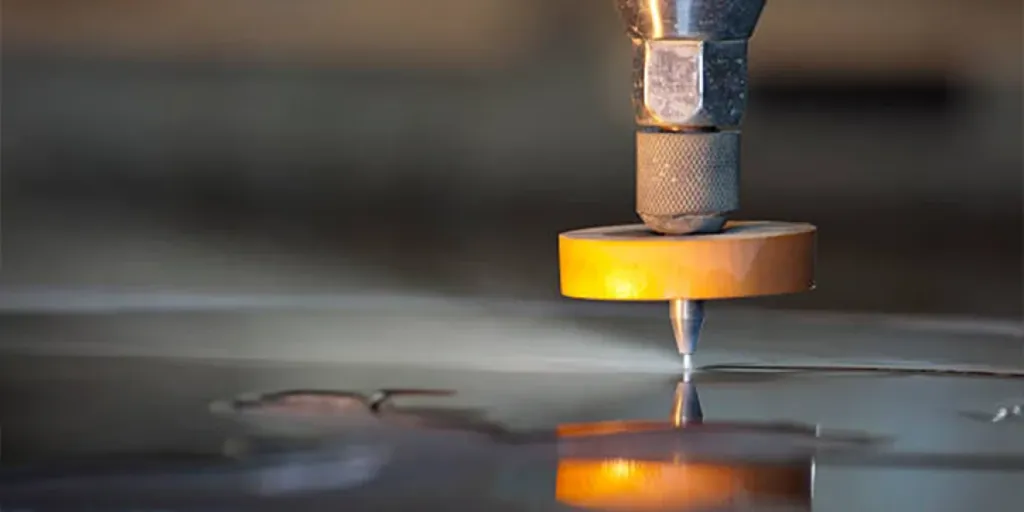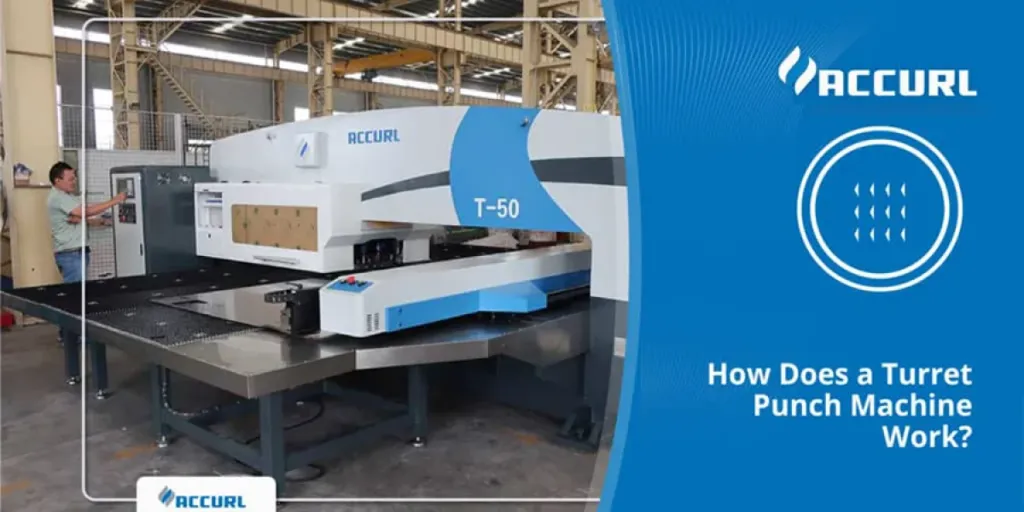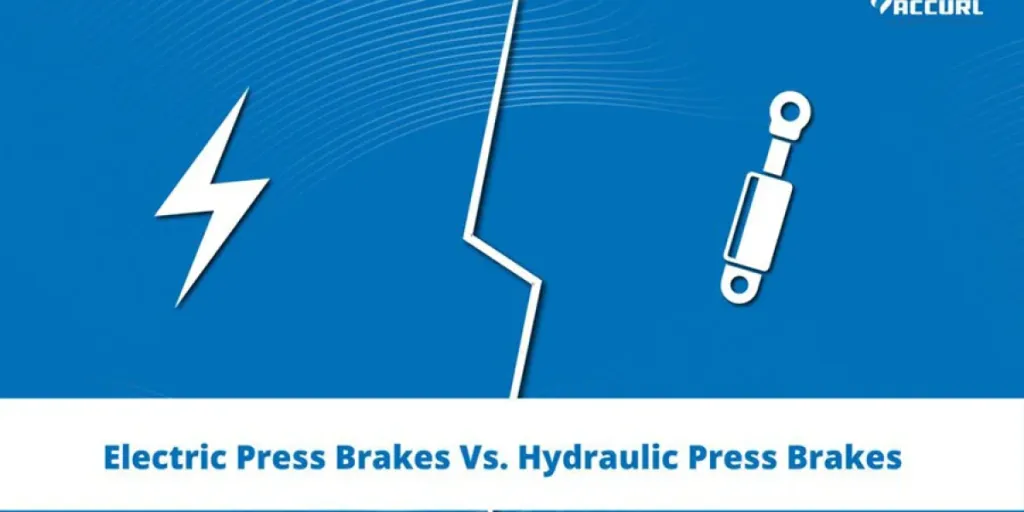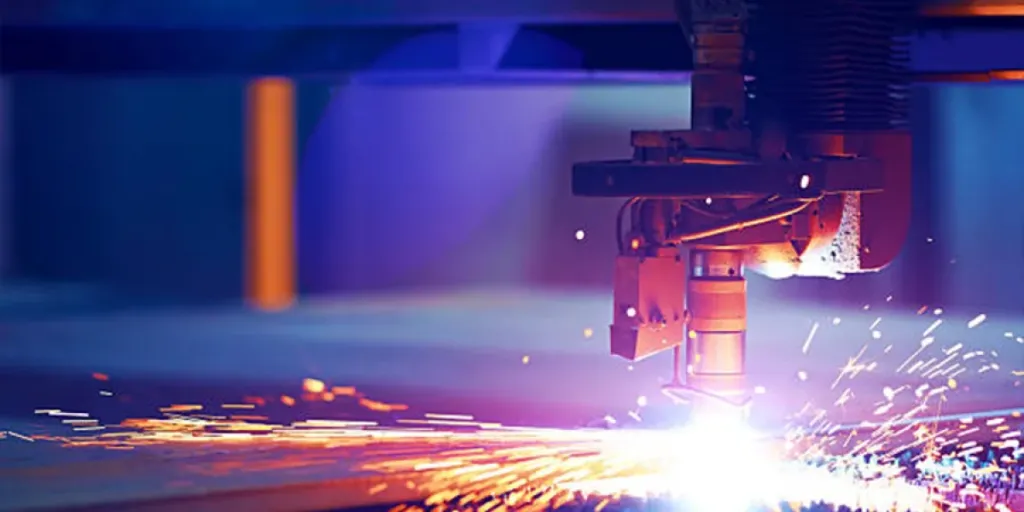The concrete power washer market is experiencing significant growth, driven by innovation and rising demand across various sectors. This article delves into the types, performance specifications, and essential factors professional buyers should consider. By following this guide, business buyers will find valuable insights to make informed decisions, ensuring they stock only the best products.
Table of Contents:
-Market Overview of Concrete Power Washers
-Detailed Analysis of the Concrete Power Washer Market
-Key Factors When Selecting a Concrete Power Washer
-Latest Technology Features
-Price Range and Budget
-Accessories and Add-Ons
-Ensuring Longevity and Durability
-Conclusion
Market Overview of Concrete Power Washers
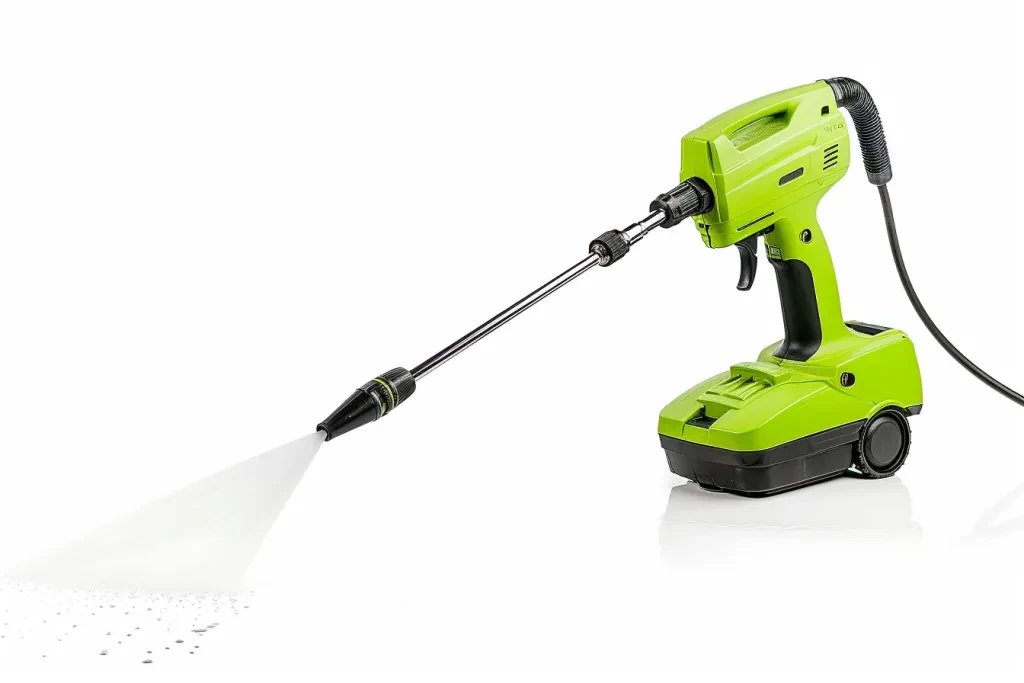
The global market for concrete power washers is growing steadily due to increasing demand for efficient cleaning solutions across residential, commercial, and industrial sectors. In 2024, the market value was estimated at $4.39 billion and is projected to reach $6.07 billion by 2030, with a compound annual growth rate (CAGR) of 5.5%. This growth is driven by rising urbanization, the expansion of the cleaning industry, and heightened awareness of hygiene standards.
North America holds a significant market share, accounting for 35.5% of the overall revenue in 2024. The region’s growth is attributed to the widespread adoption of advanced cleaning technologies and the expanding applications of power washers. The Asia-Pacific region is expected to be the fastest-growing market, driven by rapid industrial expansion and increasing disposable incomes, leading to higher demand for professional cleaning equipment.
Electric power washers dominate the market, with a 39.8% share of the total revenue in 2024. These models are favored for their energy efficiency, portability, and minimal maintenance requirements. In contrast, gas-powered models are preferred in industrial applications due to their higher power output, despite their need for regular maintenance and refueling. The market is segmented by output pressure, with the 1,501 to 3,000 PSI category being the largest, catering to both residential and commercial cleaning needs.
Detailed Analysis of the Concrete Power Washer Market
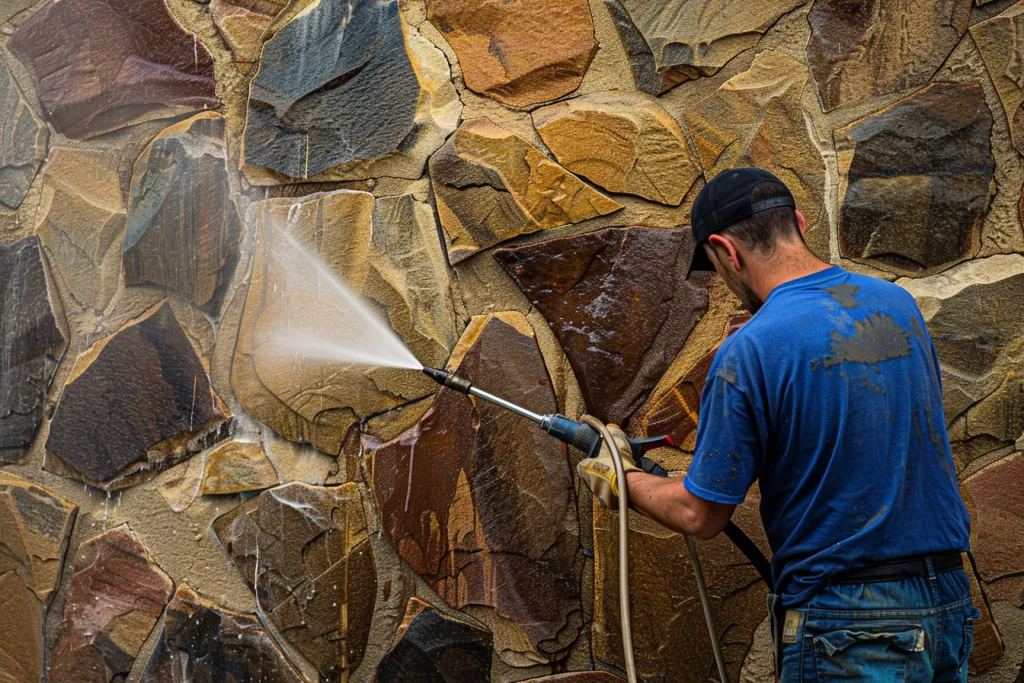
The concrete power washer market is characterized by a diverse range of applications, from residential cleaning to heavy-duty industrial tasks. Key performance benchmarks include high-pressure output, durability, and ease of use. Recent innovations have focused on enhancing product efficiency and sustainability, such as developing pressure washers that use less water and integrating alternative, renewable power sources. The integration of IoT and smart technologies has also become a significant trend, enabling features like app-based controls and diagnostics.
Market share dynamics reveal a semi-consolidated landscape with key players such as Alfred Kärcher SE & Co. KG, Generac Power Systems, and Briggs & Stratton leading the market. These companies continuously strive to increase their market presence through product innovation, strategic mergers, and acquisitions. For instance, Kärcher’s latest battery-powered CleanWave models offer advanced lithium-ion technology, providing extended run times and cordless convenience, catering to the growing demand for portable and efficient cleaning solutions.
Economic influences, such as the rising costs of industrial-grade pressure washers, pose challenges to market growth. However, the increasing number of professional cleaning startups and the expansion of the construction and automotive sectors present significant opportunities. The shift towards eco-friendly technologies and the development of quieter, more energy-efficient models are expected to drive future growth. Additionally, the growing trend of DIY home improvement and outdoor space maintenance is contributing to the rising demand for residential power washers.
Distribution channel preferences vary, with a significant portion of sales occurring through offline channels. This is due to the high cost of power washers and the need for customers to understand product functionalities before purchase. However, the growth of e-commerce and online retail is gradually changing this dynamic, offering convenience and a broader range of options to consumers. Companies are also focusing on establishing robust service networks for product maintenance and expanding distribution channels to enhance market reach.
Key Factors When Selecting a Concrete Power Washer
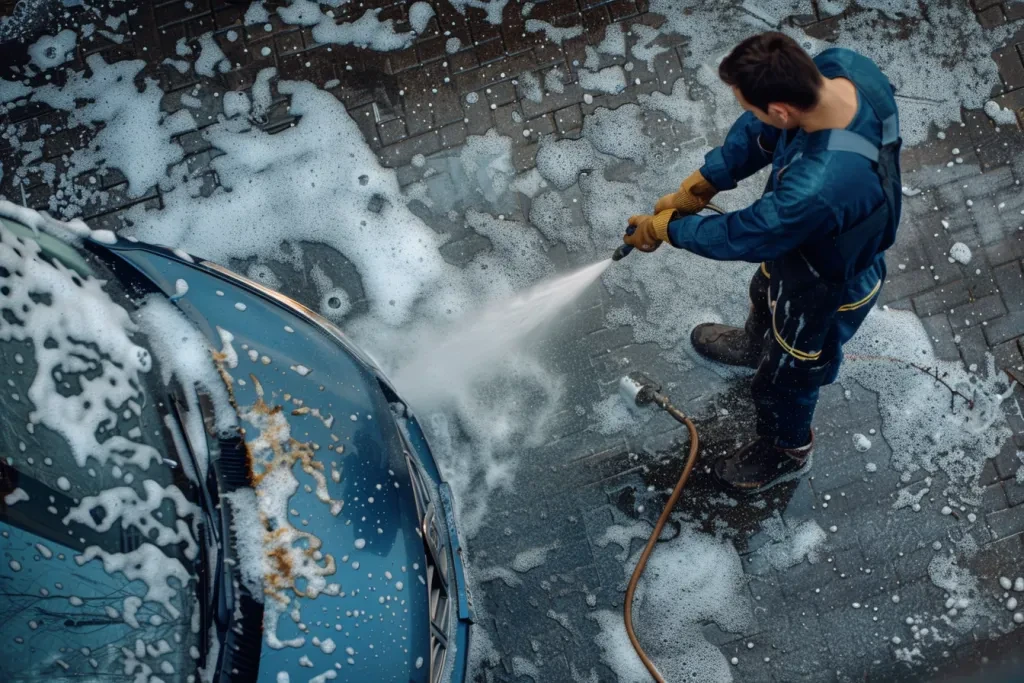
Types of Concrete Power Washers
Concrete power washers come in various types, each designed for specific applications and cleaning needs. The most common types are electric, gas-powered, and diesel-powered washers.
Electric Power Washers
Electric power washers are ideal for residential and light commercial use. They are quieter and more environmentally friendly compared to gas and diesel models. Typically, electric models generate pressures between 1500 to 3000 PSI, making them suitable for cleaning patios, driveways, and small concrete surfaces. Their lower maintenance needs and plug-and-play design make them user-friendly for homeowners.
Gas-Powered Power Washers
Gas-powered power washers are more powerful than electric models, with pressure outputs ranging from 2500 to 4000 PSI. They are suitable for larger residential projects and medium-duty commercial cleaning tasks. These washers are portable and can be used in areas without access to electrical outlets. However, they require regular maintenance, including oil changes and spark plug replacements, to ensure optimal performance.
Diesel-Powered Power Washers
Diesel-powered power washers are the most powerful, with pressures exceeding 4000 PSI. They are designed for heavy-duty commercial and industrial applications, such as cleaning large concrete surfaces, removing graffiti, and preparing surfaces for painting. These washers are highly durable and can operate for extended periods, making them ideal for large-scale projects. However, they are heavier, noisier, and require more maintenance than other types.
Performance Specifications
When selecting a concrete power washer, understanding key performance specifications is crucial. These specifications include pressure (PSI), flow rate (GPM), and cleaning units (CU).
Pressure (PSI)
Pressure, measured in pounds per square inch (PSI), indicates the force at which water is expelled from the washer. Higher PSI levels are suitable for removing tough stains, dirt, and grime from concrete surfaces. For light cleaning tasks, a washer with 1500 to 2500 PSI is sufficient. For more demanding jobs, such as removing oil stains or paint, a washer with 3000 PSI or higher is recommended.
Flow Rate (GPM)
The flow rate, measured in gallons per minute (GPM), refers to the volume of water the washer can deliver. A higher GPM means more water is used to clean the surface, resulting in faster cleaning times. Most residential power washers have a flow rate of 1.5 to 2.5 GPM, while commercial models can reach up to 4 GPM or more. For optimal cleaning efficiency, consider a washer that offers a balance between high PSI and GPM.
Cleaning Units (CU)
Cleaning units (CU) measure the overall cleaning power of a washer. It is calculated by multiplying the PSI by the GPM (CU = PSI x GPM). Higher CU values indicate more powerful cleaning capabilities. For example, a washer with 3000 PSI and 3 GPM has 9000 CU, making it more effective than a washer with 2500 PSI and 2.5 GPM (6250 CU).
Build Quality and Materials
The build quality and materials of a concrete power washer significantly impact its durability and longevity. Key components to consider include the pump, motor, and frame.
Pump
The pump is the heart of the power washer, and its quality determines the overall performance and lifespan of the unit. There are three main types of pumps: wobble, axial cam, and triplex.
Wobble pumps are the least expensive and are typically found in low-end residential models. They have a shorter lifespan and are less efficient than other types. Axial cam pumps are mid-range pumps that offer better performance and durability than wobble pumps. They are suitable for moderate use and provide a good balance between cost and longevity. Triplex pumps are high-end pumps used in commercial and industrial power washers. They offer the best performance, efficiency, and durability, making them ideal for heavy-duty applications.
Motor
The motor provides the power needed to operate the pump. Electric motors are quieter and require less maintenance than gas or diesel engines. However, gas and diesel engines offer higher power outputs, making them suitable for more demanding cleaning tasks.
Frame
The frame of the power washer should be sturdy and durable to withstand regular use. Look for frames made from high-quality materials such as stainless steel or heavy-duty aluminum. These materials offer better resistance to corrosion and damage, ensuring a longer lifespan for the washer.
Ease of Use and Maintenance
Selecting a concrete power washer that is easy to use and maintain can save time and effort in the long run. Consider the following features:
Ergonomic Design
An ergonomic design ensures comfortable operation, reducing strain on the user. Look for washers with adjustable handles, lightweight construction, and easy-to-reach controls. Additionally, models with wheels or a cart design improve mobility, making it easier to move the washer around the work area.
Detergent Injection System
A detergent injection system allows the user to apply cleaning solutions directly through the washer, enhancing cleaning efficiency. Look for models with adjustable detergent settings to control the amount of detergent used, ensuring optimal results without wasting cleaning solutions.
Quick-Connect Nozzles
Quick-connect nozzles allow for easy and fast changes between different spray patterns. Common nozzle types include 0-degree (pinpoint), 15-degree (narrow), 25-degree (medium), and 40-degree (wide). Having a variety of nozzles ensures you can tackle different cleaning tasks effectively.
Maintenance Requirements
Regular maintenance is essential to keep the power washer in optimal condition. Look for models with easy-access components, such as removable covers for the pump and motor. Additionally, consider washers with built-in maintenance reminders or indicators for tasks such as oil changes and filter replacements.
Latest Technology Features

The concrete power washer industry has seen several technological advancements in recent years. These innovations enhance performance, safety, and user convenience.
Smart Control Systems
Modern power washers come equipped with smart control systems that allow users to monitor and adjust settings via a smartphone app. These systems provide real-time data on pressure, flow rate, and maintenance alerts, ensuring optimal performance and timely maintenance.
Eco-Friendly Features
Eco-friendly power washers are designed to minimize water and energy consumption. Features such as adjustable pressure settings, water recycling systems, and energy-efficient motors help reduce the environmental impact of power washing. These models are ideal for businesses looking to adopt sustainable practices.
Advanced Pump Technology
Recent advancements in pump technology have led to more efficient and durable pumps. For example, some washers now feature ceramic-coated pistons and self-priming pumps, which enhance performance and reduce wear and tear. These innovations extend the lifespan of the pump and reduce maintenance needs.
Safety Enhancements
Safety is a critical consideration when using high-pressure equipment. Modern power washers come with safety features such as thermal relief valves, pressure release triggers, and automatic shut-off systems. These features prevent overheating, pressure buildup, and accidental operation, ensuring safe use.
Price Range and Budget

Concrete power washers are available in a wide range of prices, depending on their type, performance specifications, and features.
Entry-Level Models
Entry-level electric power washers typically range from $100 to $300. These models are suitable for light residential use and offer pressures between 1500 to 2000 PSI. They are ideal for homeowners looking to clean patios, driveways, and small concrete surfaces.
Mid-Range Models
Mid-range gas-powered power washers cost between $300 and $800. These washers offer pressures between 2500 to 3500 PSI and are suitable for larger residential projects and light commercial use. They provide a good balance between power, portability, and affordability.
High-End Models
High-end power washers, including diesel-powered and industrial-grade gas models, can cost $800 to $5000 or more. These washers offer pressures exceeding 4000 PSI and are designed for heavy-duty commercial and industrial applications. They feature advanced technology, durable construction, and high-performance components, making them suitable for demanding cleaning tasks.
Accessories and Add-Ons
Investing in the right accessories and add-ons can enhance the functionality and versatility of your concrete power washer.
Surface Cleaners
Surface cleaners are attachments that connect to the power washer and feature rotating nozzles. They are designed to clean large, flat surfaces such as driveways, patios, and sidewalks efficiently. Surface cleaners provide even cleaning and reduce the risk of streaking.
Extension Wands
Extension wands allow users to reach high or hard-to-access areas, such as second-story walls or gutters. They provide additional reach and flexibility, making it easier to clean vertical surfaces without the need for ladders.
Turbo Nozzles
Turbo nozzles, also known as rotary nozzles, combine the power of a 0-degree nozzle with the coverage of a 25-degree nozzle. They produce a rotating spray pattern that enhances cleaning power and efficiency, making them ideal for removing tough stains and grime.
Hose Reels
Hose reels provide convenient storage and easy access to the power washer hose. They help prevent kinks and tangles, ensuring a smooth flow of water and prolonging the lifespan of the hose.
Water Filters
Water filters protect the pump and other components from debris and contaminants in the water supply. They are especially useful in areas with hard water or sediment, preventing clogs and damage to the washer.
Ensuring Longevity and Durability
Selecting a high-quality concrete power washer is an investment, and ensuring its longevity and durability is essential for maximizing its value.
Regular Maintenance
Performing regular maintenance tasks, such as cleaning nozzles, checking for loose connections, and changing oil, is crucial for keeping the power washer in optimal condition. Follow the manufacturer’s maintenance schedule and guidelines to prevent issues and extend the lifespan of the unit.
Proper Storage
Proper storage is essential for protecting the power washer from damage. Store the washer in a dry, cool place, and ensure all water is drained from the pump and hoses to prevent freezing and cracking. Use protective covers to shield the unit from dust and debris.
Using the Right Detergents
Using the right detergents and cleaning solutions is important for achieving optimal cleaning results and preventing damage to the power washer. Avoid using harsh chemicals or solvents that can corrode the pump or other components. Always follow the manufacturer’s recommendations for approved detergents.
Professional Servicing
For complex issues or major repairs, it is advisable to seek professional servicing. Authorized service centers have the expertise and tools to diagnose and fix problems, ensuring the washer continues to operate efficiently and safely.
Conclusion
When choosing a concrete power washer, consider factors such as the type of washer, performance specifications, build quality, ease of use, and maintenance requirements. Understanding the latest technology features, price range, and available accessories can help you make an informed decision. By investing in a high-quality power washer and following proper maintenance practices, you can ensure its longevity and durability, maximizing the value of your investment.
